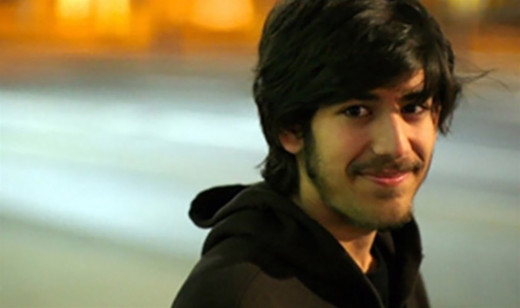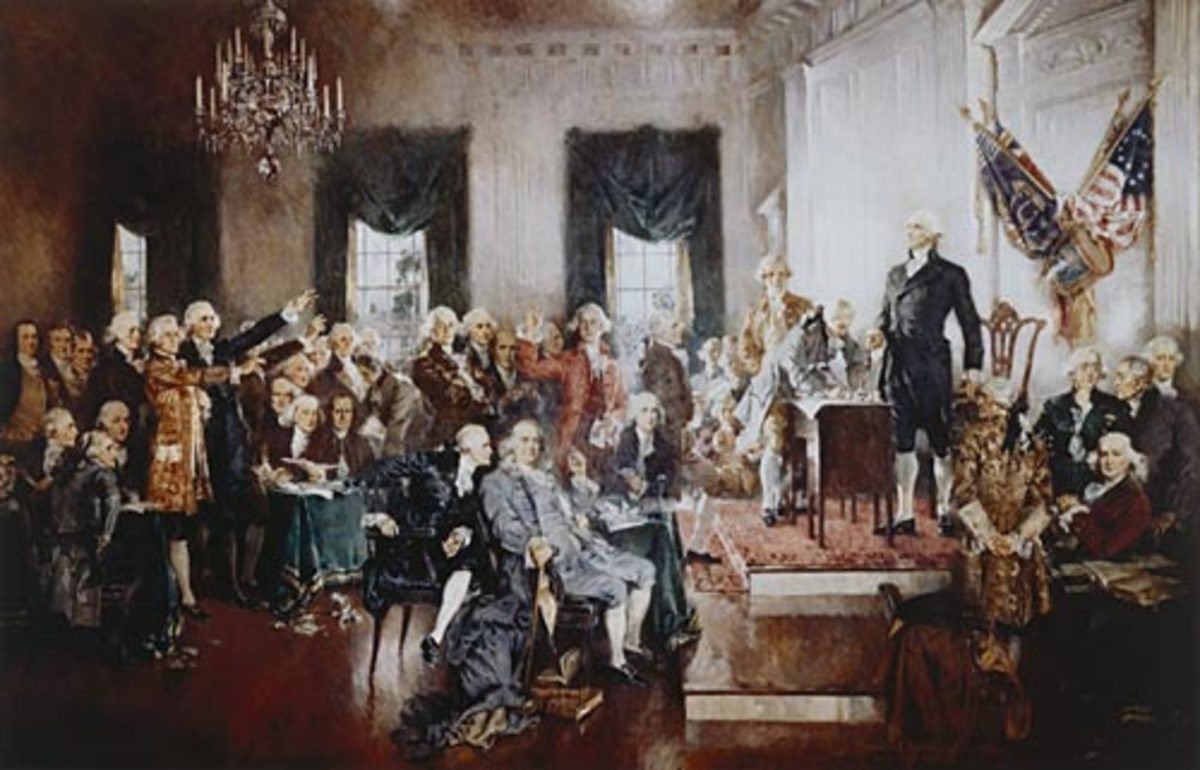Why the Internet Lost One of Its Best Sons?

On this day in 2013, Tarren Kaufman entered the apartment of her boyfriend Aaron Schwartz in the American city of Brooklyn, to find a dead body hanging from the gallows. Swartz committed suicide, at the age of 26, without leaving behind any message explaining the reasons that led him to end his life. But the calm of the room which bore witness to the death of the creative young man did not last long.

In his lifetime, Swartz changed the face of the Internet, preventing the face of the greedy empire from dominating the network. As for his death, the empire's bloody face was exposed. Swartz's suicide was only the federal government of the United States of America. The whole world owes Aaron Swartz.
Swartz was not an ordinary programmer. Arguably, Internet users around the world are indebted to him forever. What we consider today as intuitive matters on the network did not come from a vacuum, but rather, from the screams of a programmer who defended the rights of users to death. Schwartz co-founded the RSS project, where he developed a new concept in the field of journalism and information dissemination.
He also co-founded the social networking site "REDDIT", which was one of the most popular networking sites, before the rise of the Facebook star, so that former President of the United States of America Barack Obama used the platform to reach five million American voters on it, most of them young people.
He also founded what is known as "Creative Commons" (or Creative Commons), a non-profit organization that aims to expand the field of creative works available to people to use and build upon in a manner consistent with the requirements of intellectual property rights.
Schwartz was a staunch advocate of free access to open-source information and materials, leading demonstrations denouncing the laws the US government has attempted to pass to impose controls on Internet users around the world. Here came Swartz's first confrontation with the US government. The MIT incident up to this point, and despite the noise Swartz was starting to make, he was not on the FBI's radar.
On September 25, 2010, the JSTORE electronic library, which is part of the Massachusetts Institute of Technology's internal network, began sending thousands of documents and researches per minute, via IP No. 18.55.6.215, so the institute would have only stopped this IP, and then started Another IP from the same network is to send research again, so the institute’s administration had only stopped the work on the network security firewall and stopped the e-library service.
Schwartz considered that knowledge produced at public universities funded by the US government and graduate students is not shared freely with the public. Instead, copyrights were not granted to authors, but were privatized and restricted by not-for-profit companies that did not invest in them in the first place!
These companies have earned billions of US dollars annually, as these publications are repackaged in academic databases so that university libraries pay thousands of dollars to subscribe so that their students can access the content.
Swartz couldn't stand it, and it was he who tried to hack into MIT to download research from the JSTOR library, and put it on a site he designed to upload material without fear of intellectual property rights, known as the commons. After tightening protection at the institute, Schwartz decided to download the information in any way, and here, things are about to catch fire. Schwartz went to the institute's server room, and then connected his laptop to the intranet to download research and information, using external data storage devices, which he would replace whenever it became full. But if not, the institute’s administration has planted a camera inside the room. According to Swartz’s lawyer, the institute’s administration could have stopped Swartz from what he was doing like any other student “defying” the institute’s laws, but it was clear that by filming him he was trying to build a case against him in court.
A day when the free internet stood in the way of American legislators On January 18, 2012, the Internet was black. Hundreds of websites have become black in protest of the Stop Online Piracy Act (SOPA) and the Intellectual Property Protection Act (PIPA). The laws were to create a "blacklist" of censored websites based on accusations of copyright infringement. SOPA was going to pass quietly. But when millions of Americans complained to their members of Congress, support for the bill quickly faded.
Aaron Schwartz accused Hollywood of being behind the laws, warning that the SOPA law would not be the last time Hollywood attempted to use copyright law as an excuse to censor the Internet.
Swartz's fingerprints were the basis for the victory. He and his organization, Demand Progress, worked closely with EFF to stop SOPA. Projects he or she founded or co-founded long before, such as RSS, RDF, and Creative Commons, created the ground on which new lawbreakers built their cause. Swartz's passion for open-source information motivated millions to join the cause. Lawrence Lessig (an American academic, lawyer, and political activist. He is a law professor at Harvard Law School) was also inspired to fight corruption in politics, which eventually sparked the White House outrage.
In short, the government would have been able to imprison you if your friend shared your Netflix account!
Schwartz VS Federal Government of the United States of America. On January 6, 2011, Swartz was arrested near the Harvard University campus by MIT police and a Secret Service agent in the United States. He was summoned to the Cambridge District Court on two state charges: infiltration and entry with intent to commit a felony.
On July 11, 2011, the Federal Grand Jury indicted Swartz for wire (intranet) fraud, computer fraud, unlawfully obtaining information from a protected computer, and damaging a protected computer recklessly. On November 17, 2011, Schwartz was charged by a jury in the Middlesex County Supreme Court with charges of breaking, entering with intent to steal, and unauthorized access to a computer network. On December 16, 2011, prosecutors filed a notice that they had dropped the two original charges; the charges listed on November 17, 2011, the indictment was dropped on March 8, 2012, not compassionate to Schwartz, but to allow a federal trial headed by Stephen B. Heyman supported by evidence provided by Secret Service agent Michael S. Beckett went ahead without hindrance, in other words, swept Schwarz legally so that he could hardly win in court.
On September 12, 2012, federal prosecutors filed an alternative indictment that added nine other criminal charges, increasing Schwartz's maximum criminal sentence to 50 years in prison and $ 1 million in fines. During admission negotiations with Swartz's attorneys, prosecutors offered to recommend a six-month prison sentence in a heavily guarded prison, if Swartz admitted guilty to 13 federal crimes. Swartz and his lead lawyer rejected this deal, and instead opted for a trial in which prosecutors would have been forced to justify their pursuit of Swartz.
The federal prosecution included what many critics (such as former White House Dean Nixon advisor John Dean) described as a "excess charge" of 13 counts and a "hyper-mystery" trial of alleged computer crimes filed by the US Attorney General.
"I don't know what drove my client to commit suicide, but I think his fear of 50 years in prison messed with his head and made him terrified," said Swartz lawyer Elliot Peters. As Aaron’s father Robert Schwartz says in a CNN interview: “The US government has killed my son, the American justice system has failed to protect him”.
Critics argue in the Schwarz judicial case, that the judicial system, under pressure from high authorities in the US government, exerted psychological pressure and intimidation on Schwartz, which led him to commit suicide, especially after his major contribution to stopping the laws that, if implemented at that time, their owners would earn billions of dollars On the back of the rights of users around the world.
Read Also
- How Bill Gates Collected His Fortune "on the Body" of This Man?
On October 28, nine days ago, Bill Gates celebrated his 64th birthday. And if you were wondering what would anyone give to a man who owns $ 106.9 billion, an article in The Observer said that he does not care about "the material part of the gift". - Online Dating: There's No Place to Love Here
- This Is How Technology Solves the Growing Problem of Solid Waste.
- Why Did Intel Buy a Leading Israeli AI Company?
- How Bitcoin Changing the Global Economy?
This content is accurate and true to the best of the author’s knowledge and is not meant to substitute for formal and individualized advice from a qualified professional.
© 2020 Hafiz Muhammad Adnan








